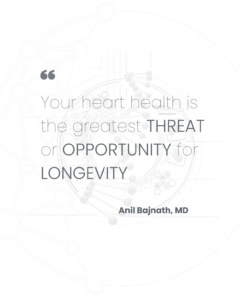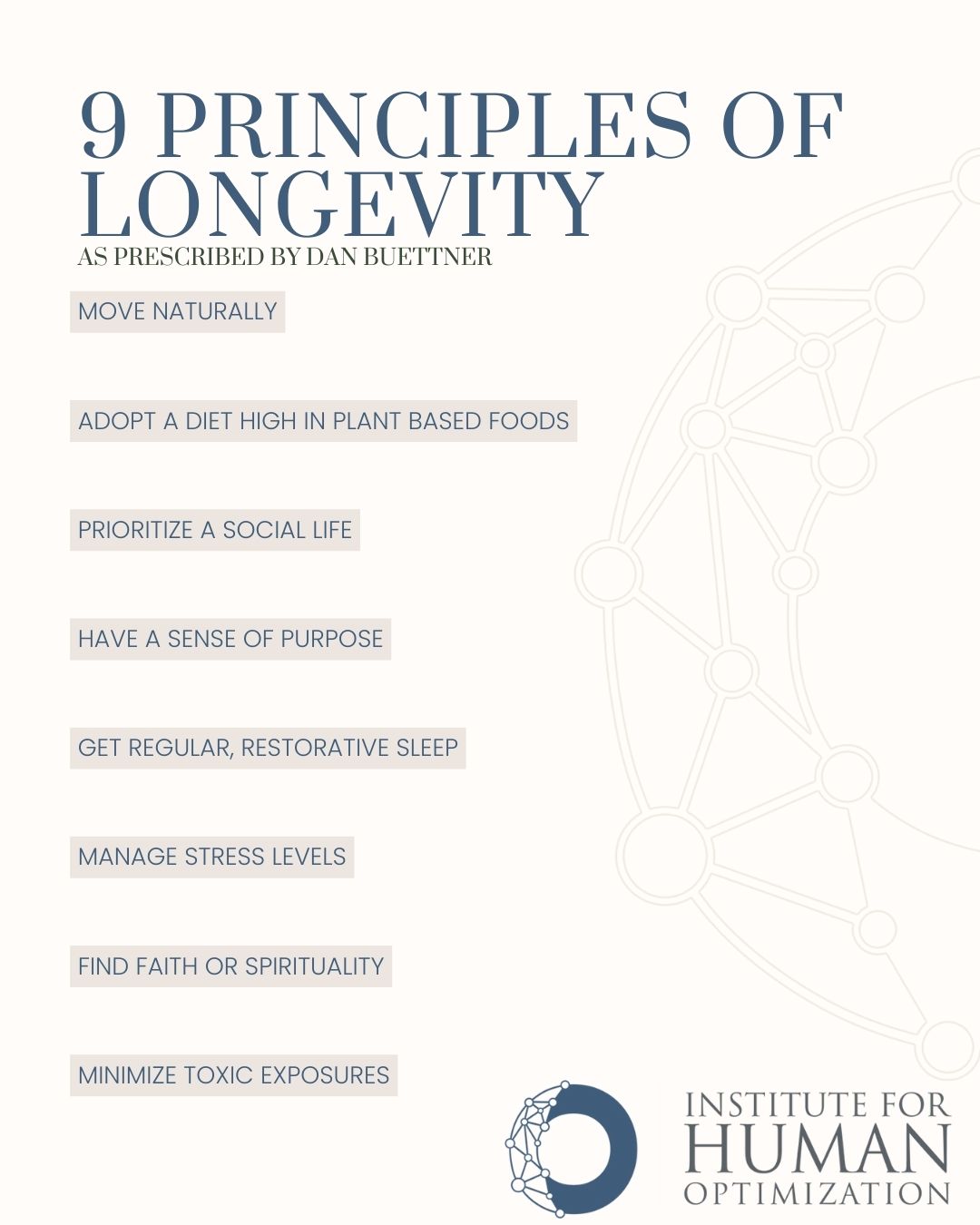According to the CDC, One person dies every 33 seconds in the United States from cardiovascular disease. Cardiovascular Disease (also known as Heart Disease) is the leading cause of death for both men and women. Cardiovascular disease the leading cause of death, but it doesn’t have to be. Precision medicine is an integrative approach to cardiovascular disease prevention and treatment that considers an individual’s genetics, lifestyle, and exposures as determinants of their cardiovascular health and disease phenotypes.
WHAT IS CARDIOVASCULAR DISEASE?
Cardiovascular disease (also known as heart disease) is a group of diseases that affect the heart and blood vessels. It includes:
- Coronary Artery Disease also known as Athrosclerosis which is build up of plaque in the arteries leading to a heart attack;
- Cerebrovascular Disease: blockages in blood vessels that lead to stroke;
- Peripheral Vascular Disease (narrowing of the arteries outside of the heart);
- Hypertension: high blood pressure;
- Congenital Heart Disease: malformations of the heart and major vessels;
- Heart Attack;
- Stroke;
- And many other conditions
RISK FACTORS
There are many factors that can increase the risk of developing cardiovascular disease, such as:
- Age;
- Family History;
- High Blood Pressure;
- Diabetes Mellitus;
- Smoking and Tobacco Use;
- High Cholesterol Levels;
- Being Overweight or Obese;
- Physical Inactivity;
- And more!
Assessing Genetics
We have resources and tools to assess the risk of developing cardiovascular disease based on an individual’s genetic profile. For example, at the [Institute] we can order a Genetic Profile specifically for Cardiovascular Health. This test that we use can detect genetic polymorphisms (or variants) of genes that may be associated with an increased risk of cardiovascular disease, hypertension, diabetes, insulin resistance, atrial fibrillation, stroke and dyslipidemia. We use this this test with the aim to reduce the prevalence of heart disease and associated conditions by early risk detection to then focus on personalized primary prevention.
Advanced Diagnostics
In addition to genetic testing, at the Institute we can also leverage advanced Diagnostic Tests. These tests include advanced blood panels, Cardiac CT, Cleerly Heart Scans, and more to get a comprehensive assessment of an individual’s cardiovascular health.
Managing Heart Disease Risk
The key to managing cardiovascular disease risk is making lifestyle changes. Eating a balanced diet, being physically active, not smoking, and reducing stress are all important strategies for improving heart health. Additionally, regular visits with your doctor to monitor your cholesterol levels, blood pressure and other markers of heart health can help identify any issues early on.
LONGEVITY & PRECISION MEDICINE
With heart disease being the leading cause of death for both men and women, it is important to take steps in maintaining a healthy heart. Heart Disease is serious issue that affects millions of people in the United States every year. It is our greatest threat to longevity. On that same note, we have the power to reduce our risk of developing cardiovascular disease. By taking a longevity approach to heart health; combining lifestyle changes with precision medicine, we can reduce the prevalence of cardiovascular disease and extend our healthspan.
We have the greatest opportunity to make a meaningful impact in the fight against heart disease through precision medicine. Precision medicine is an integrative approach to cardiovascular disease prevention and treatment that considers an individual’s genetics, lifestyle, and exposures as determinants of their cardiovascular health and disease phenotypes. This personalized approach often includes tailored medications for each patient, such as more targeted statins or antihypertensive drugs. Precision medicine can also incorporate the use of advanced technologies and data analytics to help better understand an individual’s risk and guide decisions about their care.

ABOUT THE INSTITUTE FOR HUMAN OPTIMIZATIO
At the Institute for Human Optimization, we believe that with access to the right prevention strategies and treatments, everyone has the power to lead a healthy life and reduce their risk of developing cardiovascular disease. We are committed to providing our patients with personalized care and helping them make informed decisions about their health.
Schedule a Discovery Call to get started with us today!


